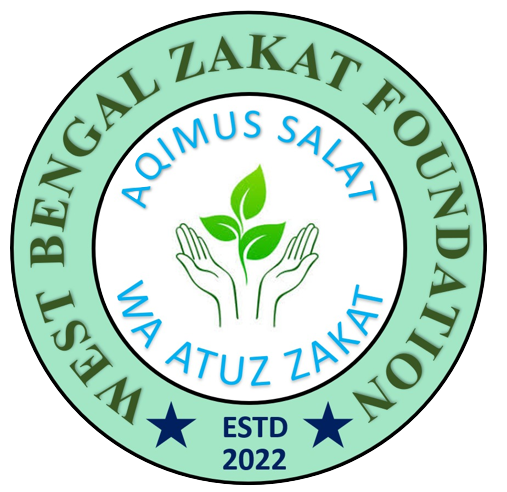
Recipients of Zakat
Here are the eight categories of Zakat-eligible people set by Allah in the Quran (Surat Al-Tawbah, 9:60)
- The poor (Faqir/Fuqara)
- The needy (Miskeen/Masakeen)
- The administrators of zakah (Aameleen)
- Influencing heart(Muallaf)
- Freeing from slavery (Riqab)
- Debtors(Gharimin)
- In way of Allah(Fisabillillah)
- Wayfarer (Ibnus Sabil)
-
1. and 2. Fuqara is penny less and Masakeen is needy one
-
The poor (Faqir/Fuqara)
Those without any means of livelihood and material possessions.
-
The needy (Miskeen/Masakeen)
Those without sufficient means of livelihood to meet their basic necessities. For instance, those who, although may have a job, a house and a car, but whose income is below the minimum requirement.
- Richness means owning what is enough for ones need; A person in need qualifies as poor & needy(Miskeen)
-
-
3. Aameleen
Those appointed to manage and administer zakat. This category is sub-divided into the following categories:
- Group of people who go out to the society and determine those who fall Fuqara and Miskeen categories.
- Those who collect the Zakat money.
- The accountant of the Zakat money.
- The administrator, manager, clerical worker or secretary who puts the files in order.
- Those who handle Zakat distributions.
- The auditor who audits overall Zakat management and administration.
-
4. Influencing Heart (Muallaf)
- Muallafatil Quloob; Influence hearts towards Islam through charity, kindness
- Those who are inclined to enter or have already converted to Islam.
-
5. Freeing from Slavery (Riqab)
- Riqab; neck, signifies someone who is freed from slavery
- Slaves and prisoners of war
-
6. Debtors (Gharimin)
- Gharimeen; Debt, bankruptcy
- Condition that debtor himself should not possess sufficient funds or goods to clear the debt
- Debt incurred for genuine purpose incl. unexpected penalty, loss of employment and not due to gambling, drinking, intoxicants or lavish expense in marriage.
-
7. In the way of Allah (Fisabillilah)
Fi sabilillah; Zakat can be used to finance any form of struggle or work for the love of Allah. e.g.
- Da’wah;
- building & developing society’s infrastructure;
- defending Muslims, who are being oppressed;
- assisting poor travellers
- sponsoring a student’s educational expenses.
-
8. Wayfarer
Ibnus Sabil; Can be paid from Zakat, even though he may be rich at home, if during the journey he becomes penniless and is unable to meet his expenses to return.

